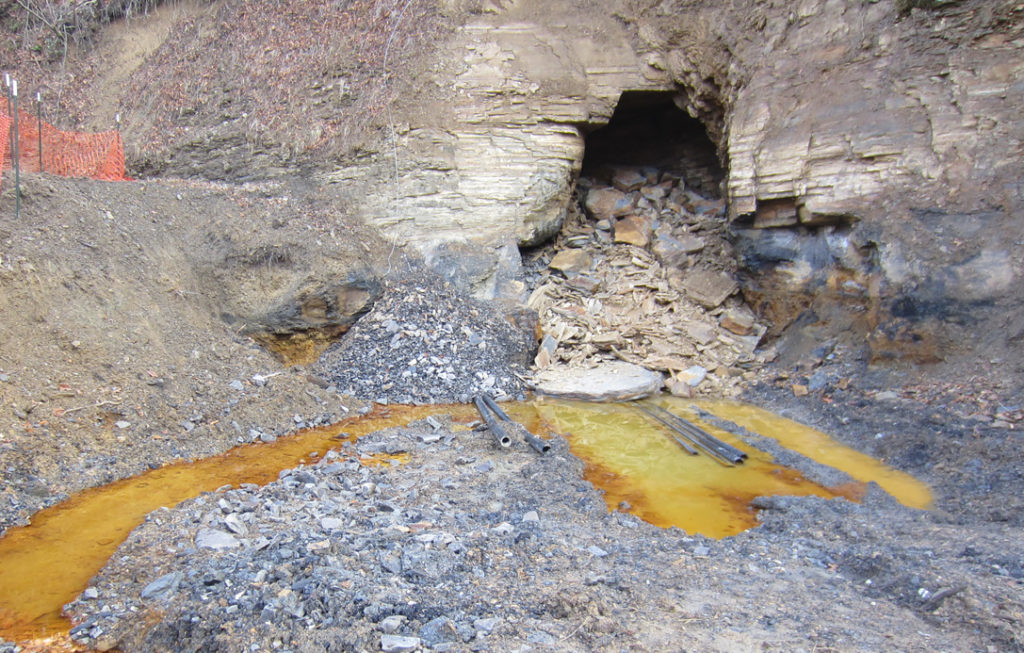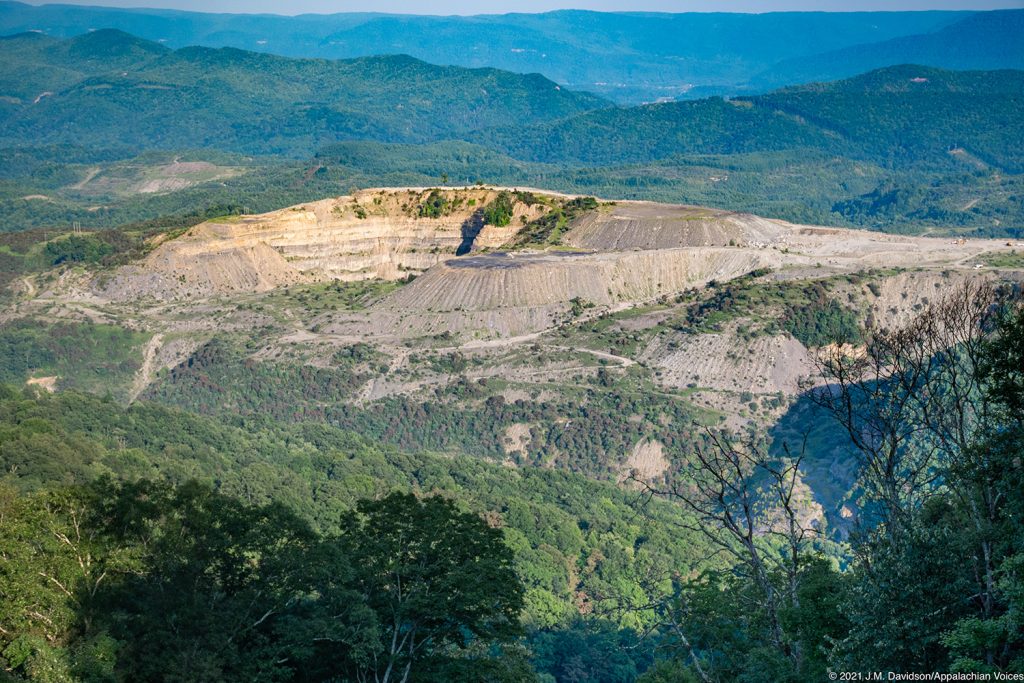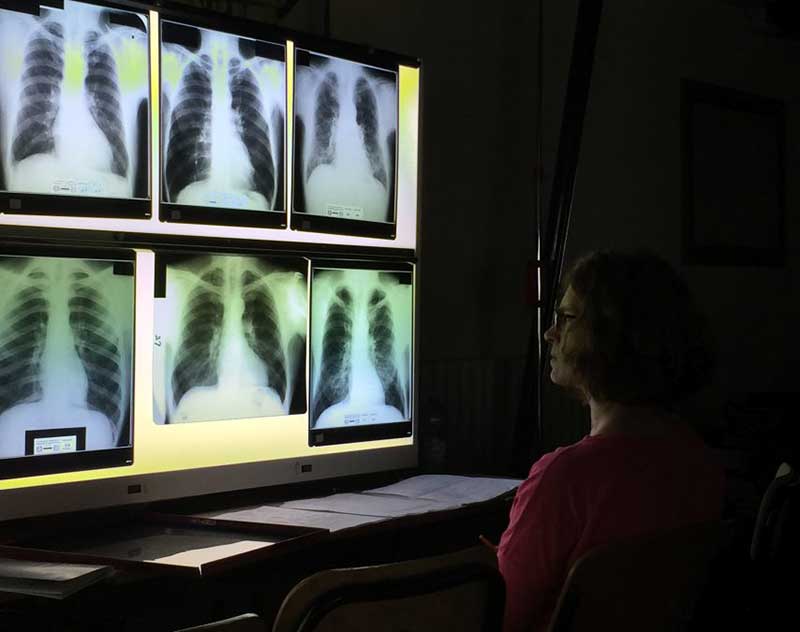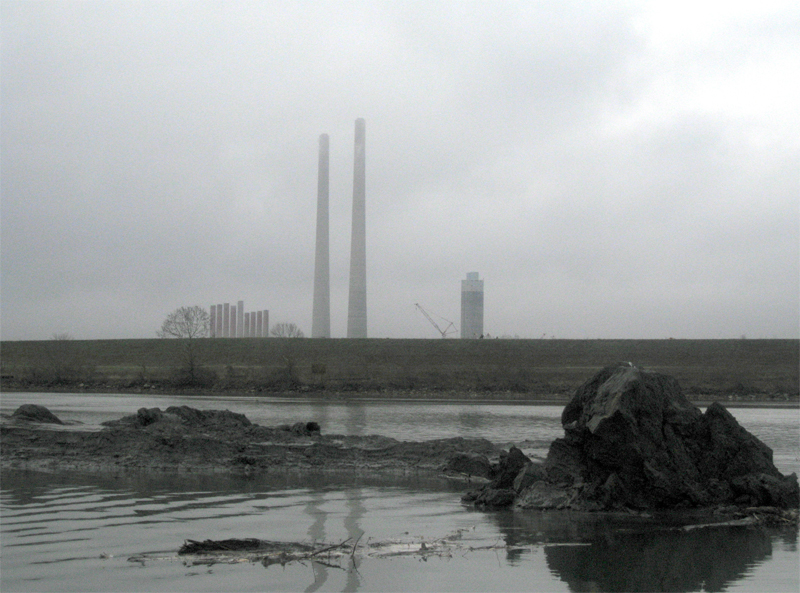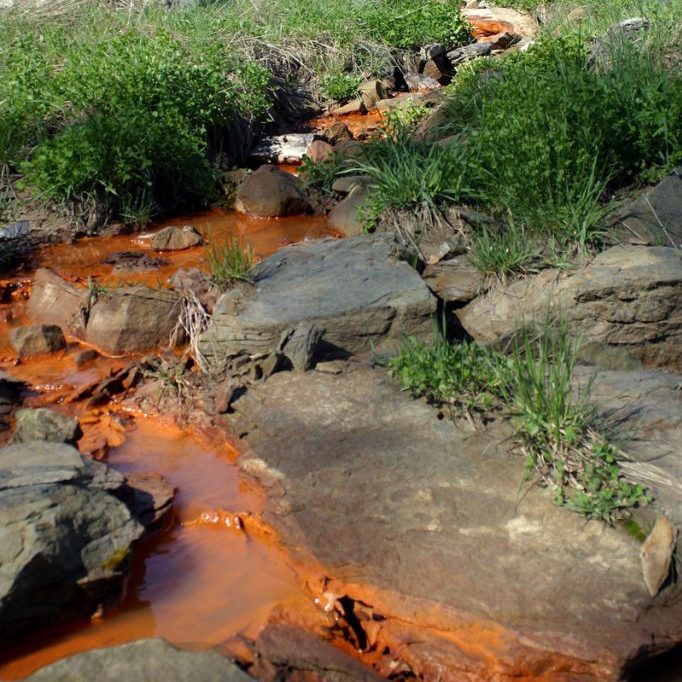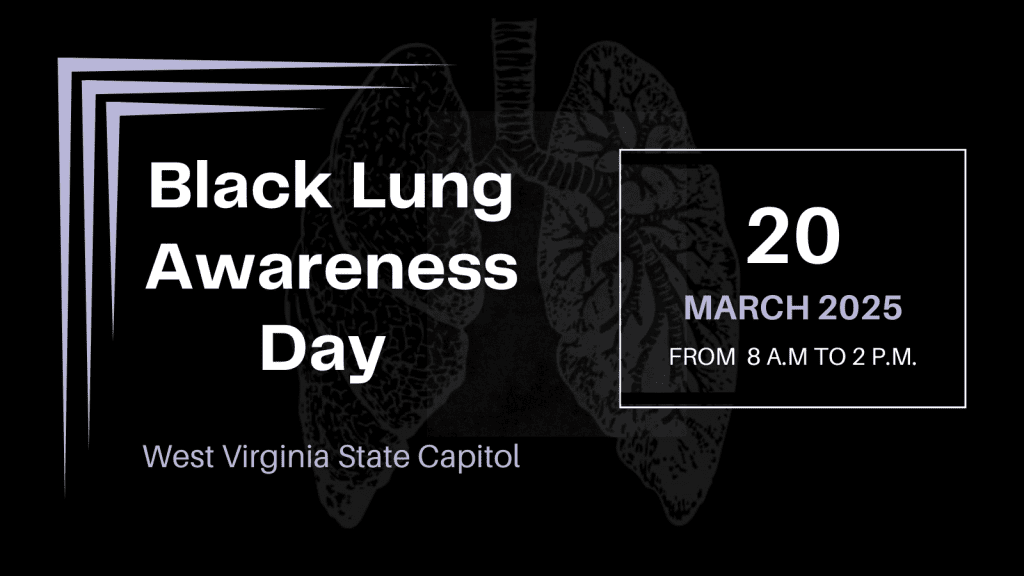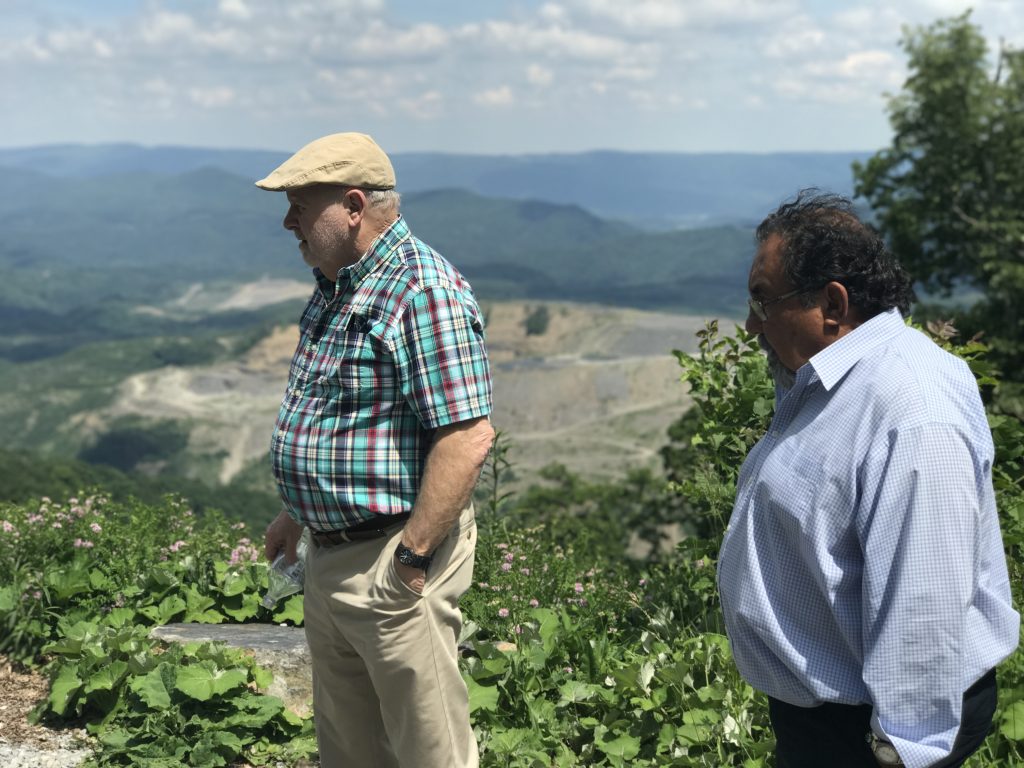Holding the Coal Industry Accountable

An abandoned and decaying structure at the Sugar Cove Mine in Virginia. Photo courtesy of DMME
Centuries of coal mining in Appalachia have left a wake of destruction behind. Thousands of former mine sites still pose health and safety risks, and the extensive environmental damage includes polluted waterways, compromised groundwater, and the loss of 1.5 million acres of forest in one the most biologically diverse temperate ecosystems on the planet.
Residents in this region have dealt with increased illness and shortened life expectancy. Black lung disease is again on the rise, and both current and former miners are fighting to protect their vital healthcare benefits. Communities that depended on the coal industry’s boom years now face daunting financial challenges.
Meanwhile, the bosses and bankers who got rich off of Appalachia realize that the market for coal is continuing to decline. Many are trying to jump ship, taking their wealth with them and leaving the problems for local communities and taxpayers to deal with.

As Appalachian Voices continues to fight new mountaintop removal coal mining permits and monitor existing mines, we are also committed to ensuring that the communities that have long borne the brunt of mining are not left behind. We are determined to hold the coal profiteers responsible for cleaning up the land and water they defiled and fulfilling their obligations to miners and their families.
Communities near mines and power plants are among those that often face elevated air pollution. We’re working with 16 community groups and two universities to track air quality in communities throughout Kentucky, Pennsylvania, Tennessee, Virginia and West Virginia with about 80 monitoring devices. These are deployed at in communities near fossil fuel infrastructure and other industries.
Similarly, the communities living near coal-fired power plants have suffered the burden of air and water pollution created by burning coal for electricity. Our years-long campaign alongside North Carolina communities impacted by Duke Energy’s dangerous storage of coal ash resulted in statewide cleanup orders, and we are committed to making sure the massive utility follows these rules.
We’re also working with communities in East Tennessee, site of the first major coal ash disaster in the country, to ensure that coal ash is stored in ways that protect residents, workers and waterways. And we’re engaged in legal challenges against Trump-era rollbacks on federal regulations for coal ash handling.
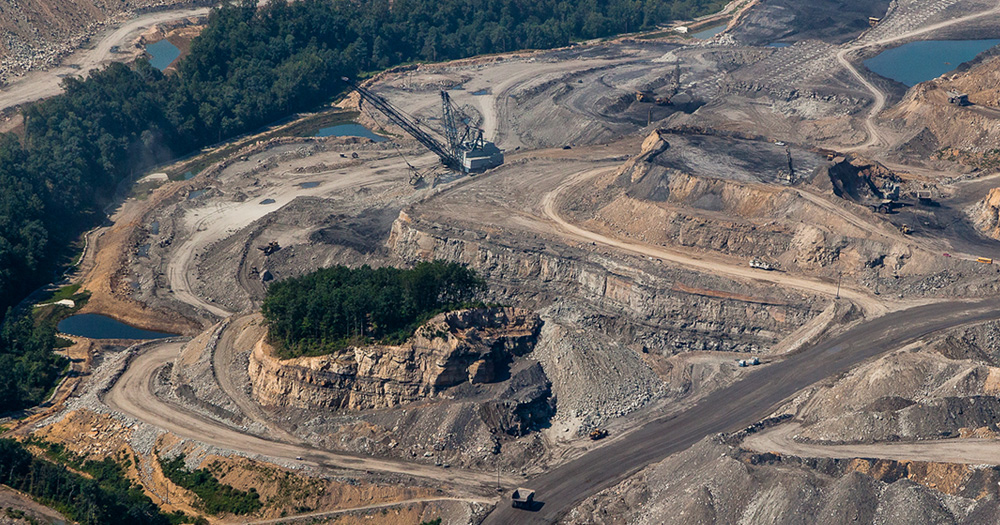
Ending Mountaintop Removal
Since the 1970s, the coal industry has blown up more than 500 of the oldest, most biologically rich mountains in America and destroyed more than 2,000 miles of headwater streams. Despite an ongoing citizen movement to end the destruction, and despite the decline in coal, it’s still happening.
Protect coal miners: Oppose cuts to NIOSH and MSHA
Black lung disease continues to ravage coal mining communities, despite regulations that are supposed to make their job safer. Unfortunately, the federal agencies that provide essential health services to miners are facing cuts.

Latest News
Advocates call on Congress to make sure coal companies don’t skip out on black lung responsibilities
“Congress needs to get serious about preventing black lung disease, improving benefits for miners with the disease, and ensuring the solvency of the trust fund instead of bending over backwards for the companies that have caused the black lung epidemic,” said Rebecca Shelton, Director of Policy at Appalachian Citizens’ Law Center.
Black Lung Awareness Day at the West Virginia Capitol
On Thursday, March 20, 2025, coal miners and their families from across West Virginia’s coal-producing communities will gather at the Capitol building for Black Lung Awareness Day.
Honoring Rep. Grijalva
Appalachian Voices staff is deeply saddened by the passing of U.S. Rep. Raúl Grijalva. Throughout his more than 20 years of congressional service, the Arizona representative was committed to not only the communities in his district, but disadvantaged communities across the country, including Appalachians and coal mining communities.
Abandoned Mine Land cleanup disrupted by federal funding freeze
As the Appalachian region is experiencing intense rainfall this week, the federal Office of Surface Mining Reclamation and Enforcement is not processing state requests seeking approval for abandoned mine land reclamation projects according to state agency officials and congressional staff.
Thousands urge EPA to regulate coal dust from trains polluting communities and waterways
Appalachian Voices submitted a letter signed by nearly 4,000 individuals urging the Trump administration’s newly appointed Environmental Protection Agency administrator, Lee Zeldin, to develop new protections from coal dust that blows off of trains, contaminating waterways and posing serious public health risks.
Statement on utilities’ request to roll back coal ash and greenhouse gas protections
If granted, Duke Energy and other utilities’ request to weaken coal ash and air pollution rules would harm hard-working families living near power plants.

